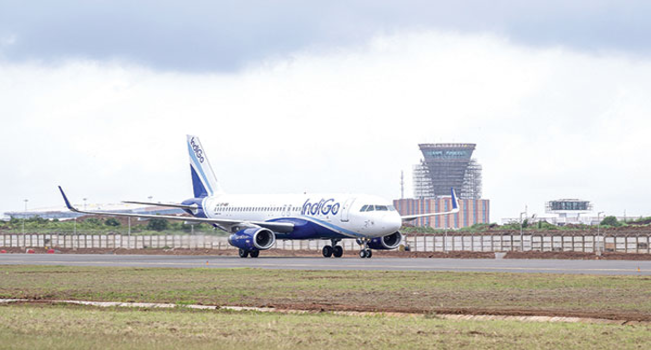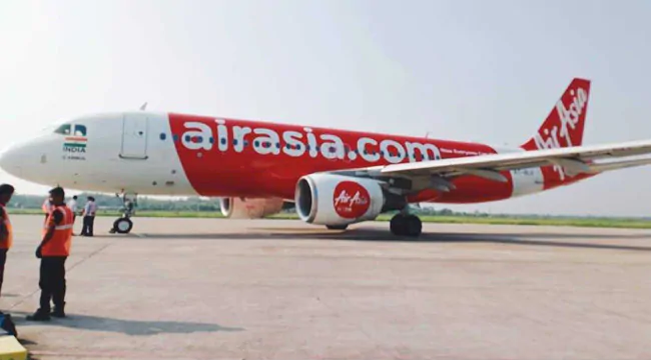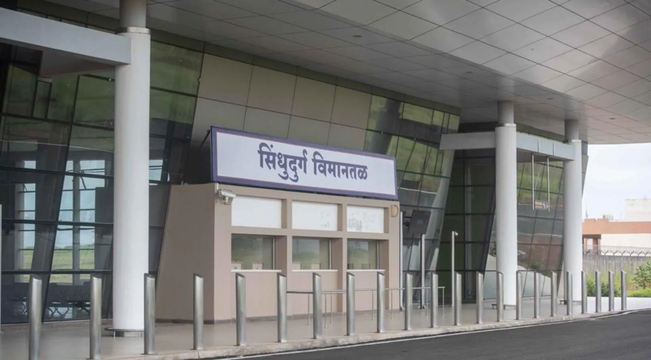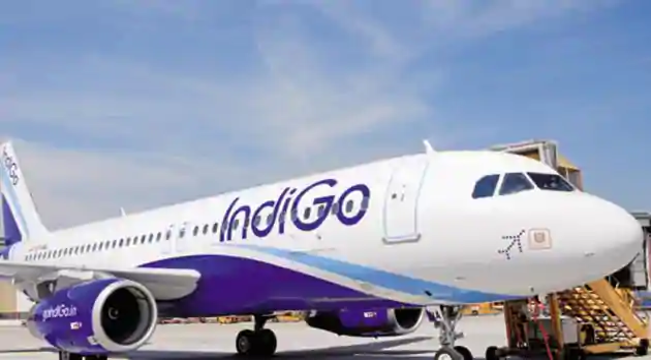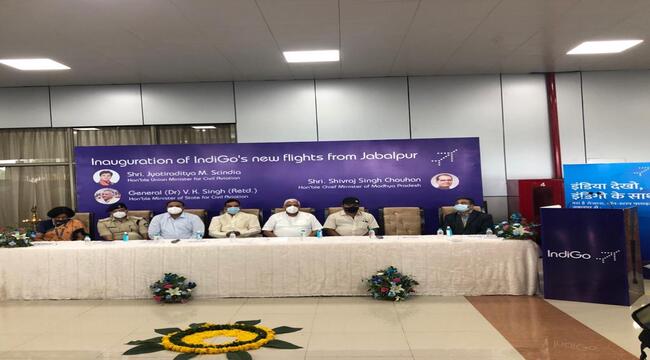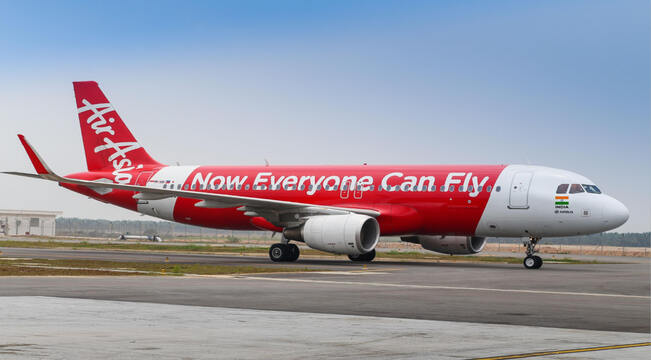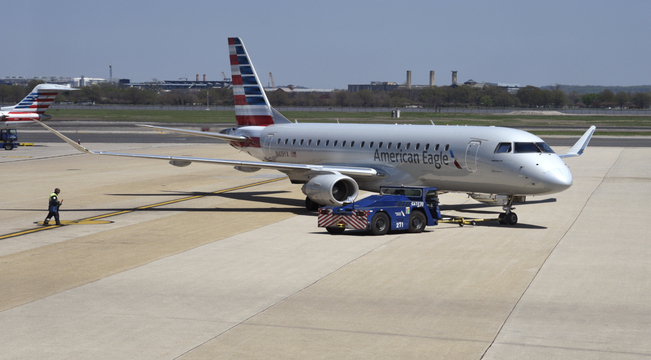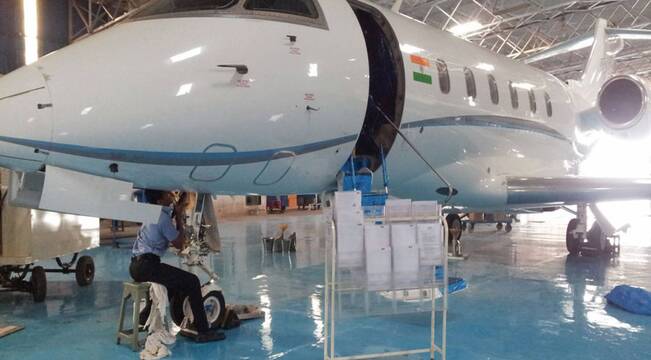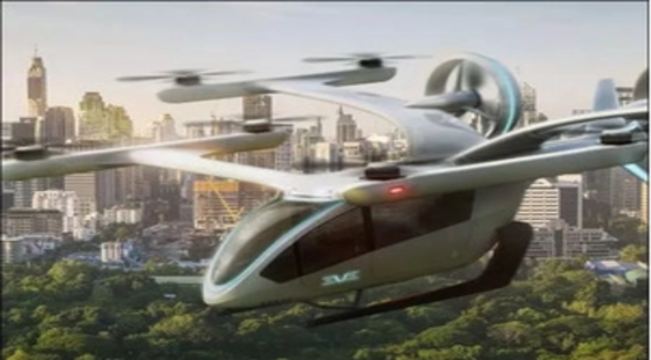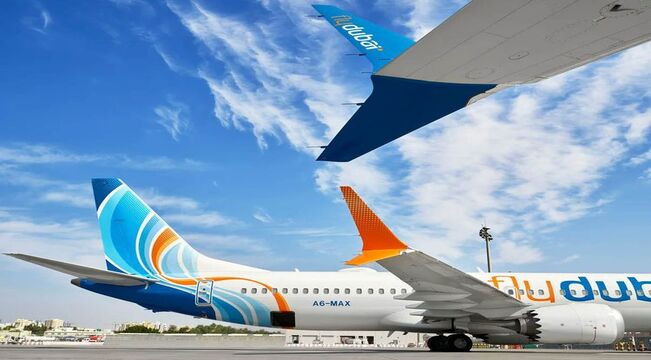By Mangesh Adgaonkar, CEO, ProVerne Solutions Pvt Ltd. Advisory Board Member – RosschTech LLC
Given the avalanche of bad news coming from the industry, from job losses to bankruptcies, it might seem too early yet to talk about positives. But without explicitly aiming for innovations and technological advancements, airlines are already undergoing a transformation and it may not be a bad thing in the long run.
And no, we are not talking about Band-Aids such as vacant middle-row seats and PPE kits for passengers.
Airlines are exploring and adapting multiple cost-saving measures while they bring the capacity back to pre-covid stage. These measures are invariably resulting in substantial digital transformations that will have a solidifying effect the longer the pandemic lasts.
During this long period of lockdowns and restrictions, there are trends and patterns evolving in the choices people are forced to make in day to day lives. Many of these also have a direct correlation to aviation industry and its future.
Here are 5 predictions of what the aviation industry might look like in the post-COVID world –
1. Faster Airports
COVID has definitely forced airport to fast-track the digitization and automation of many processes to enable contactless interfaces and interactions. Right from check-ins, baggage tagging and paperless transactions many human interactions are getting automated and streamlined. And since “health check- in” is also going to be fixture going forward, airports are required to shorten the overall time spent at airports to accommodate this new step. The cost benefits and efficiencies brought by these automations will make them permanent even in the post-covid era.
2. Systematic health monitoring system
Health Check-In at airports is not something new. Most of the south-east Asian countries have already had to adapt these since the SARS epidemic in early 2000s. Because of their preparedness, they clearly had an edge when it came to dealing with COVID. While everyone is looking forward to a definitive end to the coronavirus, clearly we are going to have to ready ourselves for something similar happening again in future. Hence many airports will look for implementing a Systematic health monitoring system that will provide replicable processes and testing tools that can be activated at short notice.
Some testing kits, for example the one developed in Israel based on Spectral technology, are already promising to go beyond covid and are able to perform varied tests.
3. Digital content consumption
One global trend that is here to stay is the digital content consumption. Even in countries where digital penetration is not high, such as south Asian countries, the digital content consumption has exploded during the pandemic. This has not only resulted in innovations in media content distribution, but also in other areas such as education, training, communications etc.
Many major studios that are traditionally averse to fast-paced technological changes are now forced to adapt and this is going to have a spill-over effect in the aviation industry for its In-Flight Entertainment systems. Post-covid world will see more inflight connectivity, latest content availability and variety of content for passengers from big vendors.
4. Strengthened Digital Infrastructure
All industries have struggled and eventually adapted to remote working wherever possible. In aviation industry, the mode of working was always centralized, even if not all jobs were directly associated with field work. But with the restrictions induced due to the pandemic and need for cost reduction many airlines will look at a more distributed way of working. Not necessarily work-from-home, but by moving parts of operations such as rostering, planning, IT, crew support etc. to remote office spaces, airlines can now optimize fixed costs substantially.
Post-covid might also see more outsourcing of services which were considered core to airline operations until now.
5. Data security
This period of dramatically increased pace of digital transformation and remote working has exposed many security holes in IT infrastructure of companies. With distributed way of working and reduction in manpower for saving costs, the importance of digital security has dramatically increased. Post-covid will see a renewed focus on protection from cyberattacks and data security. This could potentially be a second wave of digital transformation for airline IT operations. There will also be a big push for moving the on- premises systems to cloud.
Clearly, necessity is driving many of the innovative solutions today. And many of these might exist only as long as covid lasts, but there are some transformative decisions that are here to stay.
Corporate Comm India (CCI Newswire)










